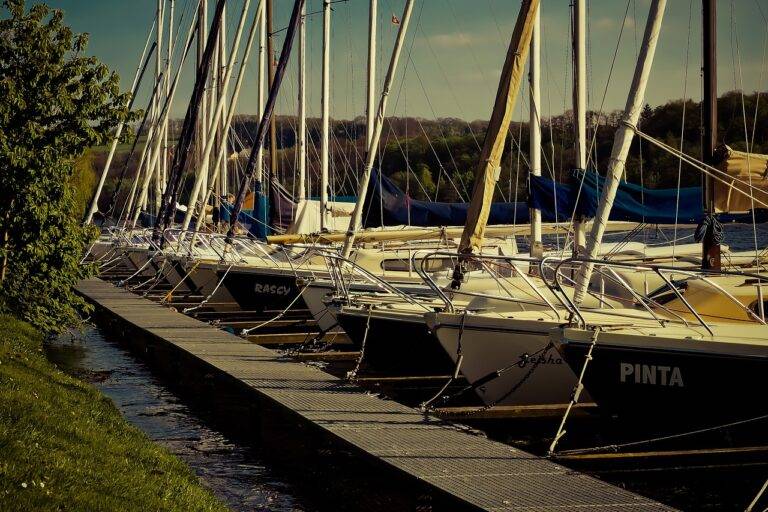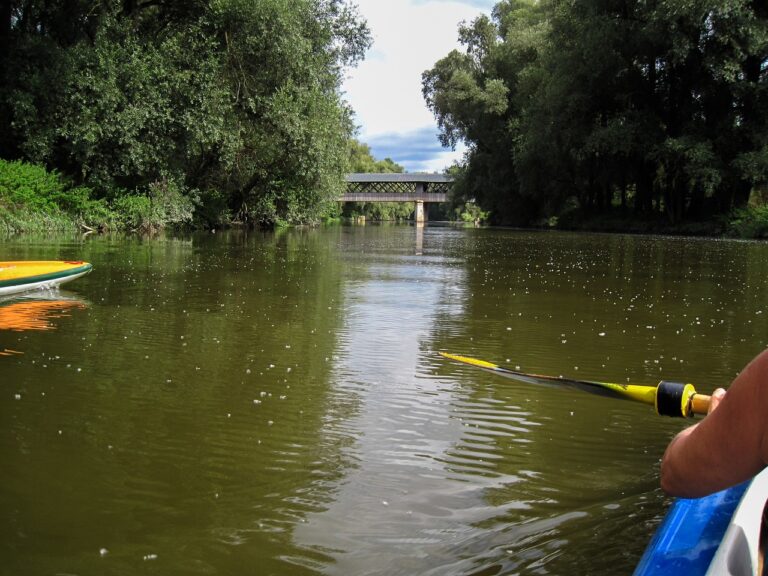Sustainable Practices in Hotel Water Conservation: 11xplay, Reddy anna book, Goldenexch 7777
11xplay, reddy anna book, goldenexch 7777: Sustainable Practices in Hotel Water Conservation
Water conservation is a critical issue facing the hospitality industry. Hotels consume large amounts of water daily in guest rooms, restaurants, laundry services, and landscaping. Implementing sustainable practices in hotel water conservation is not only essential for reducing environmental impact but also for cutting costs and improving the overall guest experience.
Here are some effective strategies that hotels can adopt to conserve water and promote sustainability:
1. Install Water-Efficient Fixtures: One of the simplest ways to reduce water consumption is by installing water-efficient fixtures such as low-flow toilets, faucets, and showers. These fixtures can significantly lower water usage without sacrificing guest comfort.
2. Implement a Linen Reuse Program: Encourage guests to participate in a linen reuse program where towels and sheets are only replaced when requested. This not only saves water used for cleaning but also reduces energy consumption from washing and drying linens unnecessarily.
3. Conduct Regular Maintenance: Leaks in plumbing systems can waste a significant amount of water. Regular maintenance and timely repairs can help prevent water loss and reduce utility bills.
4. Utilize Greywater Systems: Greywater systems recycle water from sinks, showers, and laundry for non-potable uses such as irrigation and toilet flushing. This innovative technology is a sustainable way to reduce fresh water consumption.
5. Implement Water-Saving Practices in Food and Beverage Operations: Restaurants and bars in hotels can also contribute to water conservation by implementing practices such as serving water upon request, using water-efficient dishwashers, and reusing water for cleaning.
6. Educate Staff and Guests: Training staff and educating guests about the importance of water conservation can create a culture of sustainability within the hotel. Encourage everyone to be mindful of water usage and promote the hotel’s commitment to environmental stewardship.
7. Monitor Water Usage: Installing water meters and tracking water consumption regularly can help identify areas where water is being wasted. By monitoring usage patterns, hotels can implement targeted conservation strategies.
8. Landscaping with Native Plants: Landscaping accounts for a significant portion of water usage in hotels. Planting native, drought-resistant species can reduce the need for irrigation and conserve water.
9. Partner with Local Organizations: Collaborating with local environmental groups or water conservation organizations can provide additional resources and support for sustainable initiatives. Building partnerships can amplify the impact of conservation efforts.
10. Set Water Conservation Goals: Establishing water conservation goals and regularly evaluating progress can help hotels stay accountable and continually improve their sustainability practices.
In conclusion, implementing sustainable practices in hotel water conservation is not only beneficial for the environment but also for the long-term success of the business. By adopting water-saving strategies, hotels can reduce their environmental footprint, cut costs, and provide a more sustainable experience for guests.
FAQs:
1. How can guests contribute to water conservation efforts in hotels?
Guests can participate in linen reuse programs, report any leaks or water wastage to hotel staff, and be mindful of their water usage during their stay.
2. Are water-efficient fixtures expensive to install?
While there may be some upfront costs, the long-term savings on water bills make water-efficient fixtures a cost-effective investment for hotels.
3. What are some benefits of implementing sustainable water conservation practices in hotels?
Benefits include cost savings on water and energy bills, reducing environmental impact, and enhancing the hotel’s reputation as a sustainable and responsible business.







